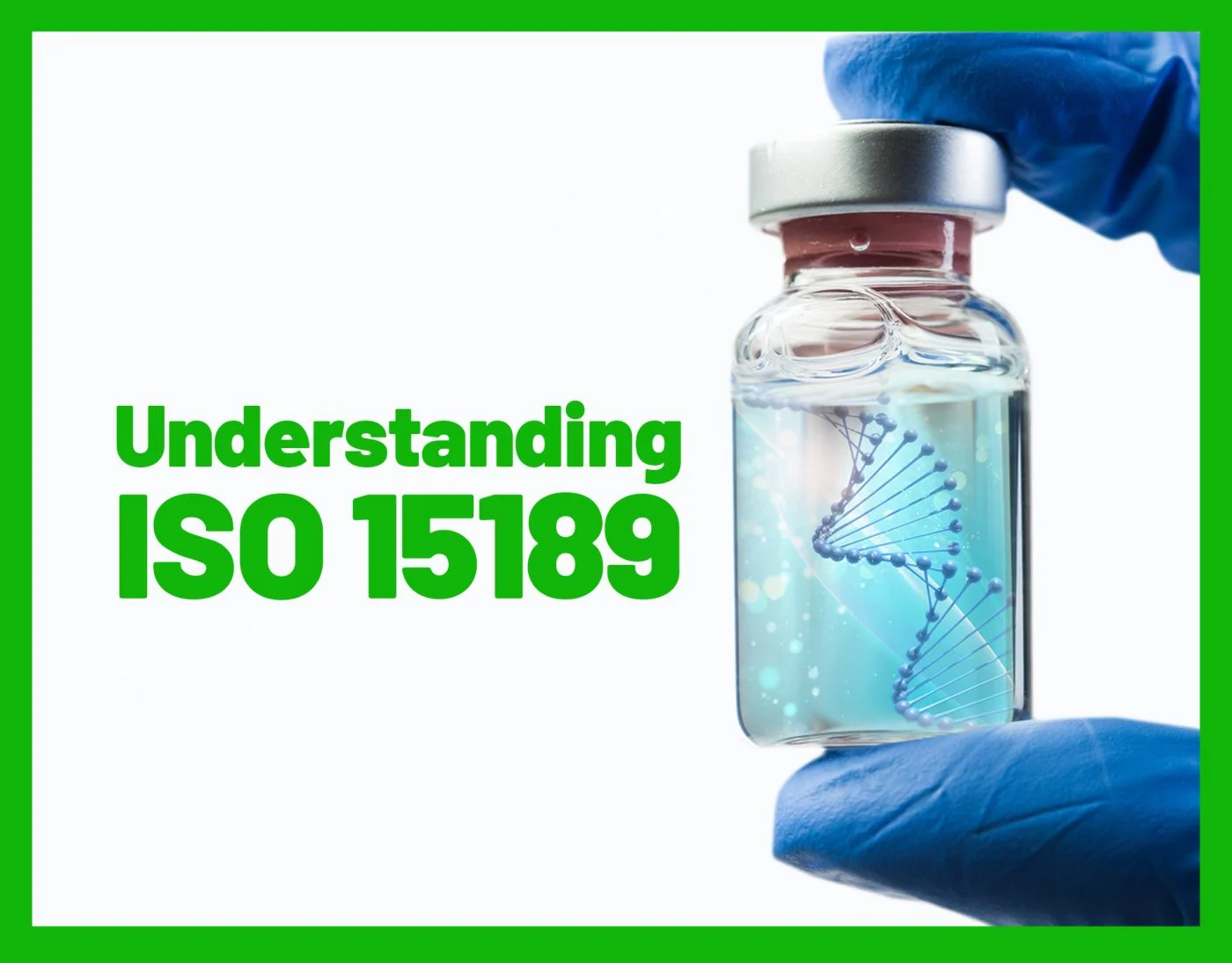Laboratory Management According to ISO 15189 Standards
Understanding ISO 15189
Take an in-depth look at the requirements for human pathology testing in ISO 15189:2022 – Medical laboratories – Requirements for quality and competence in the Australian accreditation context

Quicklinks
Course overview
This 2-day course provides an overview of requirements for BoA/RCPA medical laboratory accreditation in the Australian context which incorporates:
- ISO 15189 (covered in detail)
- National Pathology Accreditation Standards
- TGA regulatory framework
The course:
- explains the requirements so participants can work more knowledgeably and confidently with the relevant Standards
- identifies how the medical laboratory’s management system needs to align to the requirements to ensure conformance
Note: The course covers all aspects of the Standard and is not primarily intended to identify or focus on the differences between the old and revised versions of ISO 15189.
Course objectives
By the end of this course, participants will be able to:
- Describe the requirements of ISO 15189 and identify corresponding national pathology accreditation standards.
- Align the standard requirements with laboratory activities, processes, and management systems.
- Identify potential risks to patient safety and the validity of test results.
What you will learn
By the end of this course, participants will be able to:
- describe the requirements of ISO 15189 and identify corresponding National Pathology Accreditation Standards
- align requirements in the Standards to relevant laboratory activities, processes and the laboratory’s management system
- identify potential risks to patient safety and the validity of test results
The course is designed to:
- interpret ISO 15189 requirements to enable understanding and practical application in the medical laboratory
- identify corresponding NPAAC Standards
- identify any potential risks to patient safety and/or conformance to Standard requirements
This course covers the following ISO 15189 clauses:
- Scope
- Normative references
- Terms and definitions
- General requirements: Key ethical concepts including impartiality and confidentiality, and requirements regarding patients
- Structural and governance requirements: How the organisation needs to be structured for effective clinical governance
- Resource requirements: What is needed to competently perform medical laboratory activities
- Process requirements: Laboratory systems, processes and procedures needed for technically valid test results
- Management system requirements: Management of laboratory operations to ensure quality outcomes, patient safety and conformance with Standard requirements
Who should do this course
This course is for anyone who:
- would like to become familiar with ISO 15189:2022
- needs to understand the requirements for NATA/RCPA accreditation which includes the National Pathology Accreditation Standards and TGA regulatory framework
- works in a human pathology or medical laboratory or service
- is involved in establishing, implementing and maintaining medical laboratory quality and technical systems
Medical laboratory roles that would benefit from attending this course include:
- Quality managers
- Quality officers
- Laboratory directors
- Laboratory managers
- Laboratory pathologists and scientists
- Internal auditors or audit programme managers
- Hospital pathology testing personnel
- Point of Care Testing (POCT) personnel
The course may also be of interest to medical laboratories who may be considering, or are in the process of becoming, accredited in the NATA/RCPA human pathology program.
Delivery
Course delivery:
- Face-to-Face
- Virtual
Course content is delivered using engaging learning activities that include:
- individual and group work
- activities and scenarios that apply ISO 15189 requirements to real-life laboratory practice
- opportunities to evaluate understanding as the course progresses
Dates and booking
For Government Regulatory Agencies:
- Enhancing State Management Efficiency:
By utilizing the results from accredited conformity assessment bodies, government agencies have a reliable tool for inspection, monitoring, and quality supervision. - Contributing to the development of a national quality infrastructure:
Accreditation is an essential component of the National Quality Infrastructure (NQI), supporting social- economic development, science and technology development and international integration. - Reducing the burden of verification and supervision:
Reducing the direct verification and supervision workload of regulatory agencies, as conformity assessment activities are periodically audited and evaluated by accreditation bodies. - Promoting the adoption of standards:
Accreditation encourages conformity assessment bodies and enterprises to apply and comply with standards and regulations. - Encouraging international integration:
Supporting regulatory agencies in participating in international agreements and fostering global integration.
For Society
- Promoting International Trade:
Through participation in multilateral agreements (ILAC/IAF MRA/MLA), results from organizations accredited by BoA are recognized in over 100 countries, helping to expand global markets. - Reducing Technical Barriers to Trade (TBT):
Assisting businesses in overcoming technical requirements of international markets, thereby boosting exports and cross-border trade. - Contributing to the Protection of Consumer Rights and Interests:
Accreditation activities support protect consumers by ensuring that products, services, and systems are evaluated objectively and reliably. - Improving the Quality of Goods and Services:
Accreditation promotes compliance with regulations, thereby enhancing the quality of goods and services available in the market. - Encouraging Fair Competition:
Promoting fair competition among businesses based on adherence to standards. - Building Consumer Trust:
Strengthening public and business confidence in the quality and safety of products, goods, and services. - Saving Time and Costs:
With international recognition, businesses reduce costs associated with repeated testing and certification abroad, shortening the time to market.
For Customers (Conformity Assessment Bodies)
- Enhancing Reputation and Competence:
Accreditation serves as independent and objective evidence of the competence of conformity assessment bodies, helping them demonstrate technical capability, management system effectiveness, and the ability to perform activities according to international standards. - Encouraging International Integration:
As BoA participates in international agreements under IAF/ILAC, organizations accredited by BoA can offer conformity assessment services recognized worldwide. - Increasing Competitiveness:
Accreditation enables organizations to assert their capabilities and create sustainable competitive advantages in the dynamic business environment. - Encouraging Continuous Improvement:
Accreditation activities encourage organizations to maintain, enhance their competencies, and update technical requirements, thereby improving the quality of conformity assessments. - Demonstrating Competence to Regulatory Authorities:
Accreditation results serve as objective evidence proving the organization's competence to governmental agencies.
